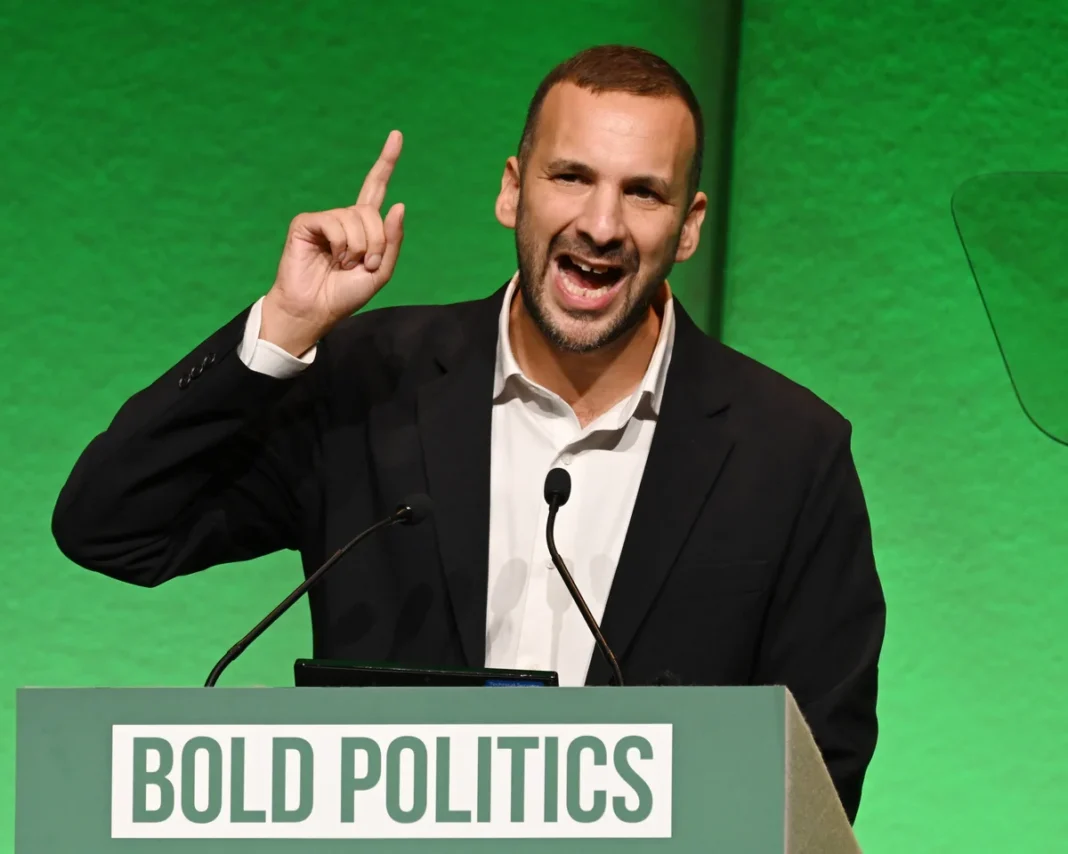The Green Party of England and Wales is experiencing a significant surge. Under new leader Zack Polanski, the party is transforming. It is actively shedding its old image. Now, it aims to become a bold political insurgent. This new Green Party momentum is undeniable. The party has gained over 20,000 new members recently. Consequently, it is now the largest it has ever been. However, a major question remains. Can the Greens convert this energy into real electoral power?
Polanski promised a fighting approach during his campaign. He is certainly delivering on that pledge. For example, he defended his deputy, Mothin Ali, over controversial remarks. This willingness to create controversy is a deliberate strategy. The leadership believes boldness is necessary to cut through to voters. Deputy leader Rachel Millward strongly agrees with this tactic. She argues that timidity will gain the party nothing. Instead, boldness resonates with a public craving honesty.
The party’s head of elections, Chris Williams, is recalibrating their approach. He oversaw their best-ever general election result last year. The Greens now have four MPs. Williams now embraces a more exciting, provocative style. He uses a simple adage. If you try to annoy nobody, you excite nobody. This new Green Party momentum brings practical benefits. More members mean more donations. Then, campaigns get bigger and targets grow. Ultimately, the party wins more seats.
The UK’s fractured political landscape also offers opportunity. Williams notes that by-elections are now won with smaller vote shares. He compares the challenge to climbing Snowdon instead of Everest. The party is targeting specific “development constituencies.” These are mainly in urban areas where traditional parties are weak. However, this new direction carries risks. Some members worry it could alienate voters in rural areas. The party’s two MPs in the countryside could be particularly exposed.
Interestingly, the Greens are studying their rivals, Reform UK. At a conference panel, members praised Nigel Farage’s playbook. They discussed copying his simple messaging and emotional appeal. Of course, the Greens would promote hope instead of despair. Polanski directly addressed this in his speech. He said if Reform can rocket with despair, the Greens can do the same with hope. Another new party, Your Party, also presents a challenge. It has garnered hundreds of thousands of sign-ups. Millward, however, sees this as proof Labour is losing support on the left. She believes the Greens will ultimately gain from this shift.
Funding is another critical hurdle. The party has long relied on grassroots volunteers. Now, it needs significant money to scale up. Millward is pushing for a bolder fundraising model. She wants to emulate the micro-donation success of US politicians. The party also plans to ask sympathetic major donors for support. The upcoming 2026 local elections will be a key test. The Greens aim to hold a record 900 council seats. They also have high hopes for new authority contests in Sussex and East Anglia. In Wales, a new voting system could help them gain a foothold in the Senedd.
Clearly, the party leadership sees a viable path to victory. They are riding a wave of genuine Green Party momentum. Their strategy is set on being bold and picking fights. Yet, the first-past-the-post electoral system leads to unpredictable results. The party must now wait for the ultimate verdict. Will voters reward their provocative new style with seats? Or will this ambitious push result in a painful electoral setback? The coming years will determine if this momentum translates into lasting power.
For more political updates, visit London Pulse News.


